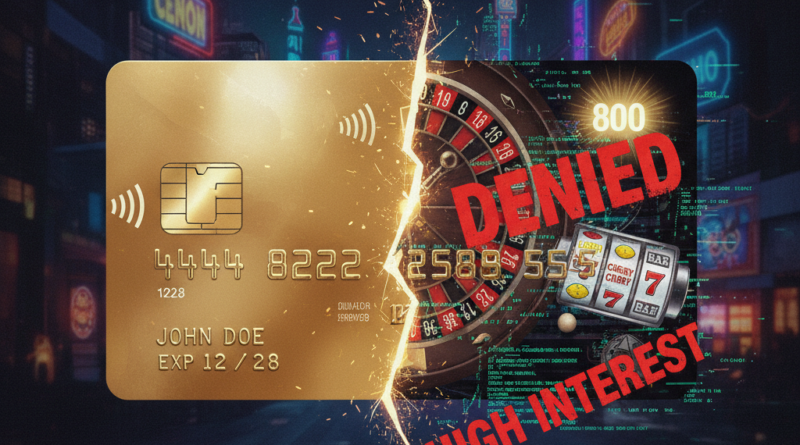Money Drift: How the Extraction Economy Rewards Risk and Denies Trust
The Old Game: Churning for Bonuses
For years, I played what felt like a harmless game: credit card churning. Apply for a new card, meet the spending requirement, collect the sign-up bonus, and move on. With an 800 credit score, low utilization, and no missed payments, I was the model borrower. Banks got their interchange fees, I got my rewards points. It felt like a win-win. But lately, the game has changed. Despite flawless credit and meeting all the posted requirements, I’ve been denied for cards from banks I’ve never had a relationship with. No red flags on my history, no late payments, no over-leverage. Just a cold, algorithmic “no.”
The Shift: Incentives in Reverse
What’s happening is a quiet but powerful form of incentive drift. The original design of sign-up bonuses was to attract new customers and expand market share. But over time, the data showed banks something uncomfortable: the people scooping up the best offers were often the ones least profitable to them. The disciplined, the organized, the ones who always paid their bills on time. So the incentives began to shift. Algorithms now optimize for the customers most likely to generate interest charges, late fees, and revolving balances. In other words: if you’re too good at the game, you’re no longer allowed to play.
Optimization Traps in Finance
This is the same optimization trap we see across industries. Systems designed to “maximize efficiency” end up gaming themselves into dysfunction. Credit card companies optimize for profitability, so they tweak approvals until the system only rewards risky customers. Airlines optimize for revenue, so loyalty programs become inscrutable puzzles that punish the casual traveler. Grocers optimize coupons, so shopping turns into an app-based maze of QR codes and freezes. The result is the same: the system works brilliantly for the corporation and terribly for the human.
The Illusion of Access
Credit is supposed to be a reward for responsibility, a tool that opens doors. But under today’s algorithmic rules, access itself has become synthetic. It’s not about your score, your history, or your reliability. It’s about how much pain the system predicts it can extract from you. For responsible borrowers, this creates a strange inversion: the more perfect your profile, the less likely you are to qualify. Reality drifts, and the supposed logic of the credit system collapses into something closer to a casino, stacked against anyone trying to play fair.
The Cost of Optimization
This is what money drift is really about: the way financial systems gradually stop serving people and start serving their own feedback loops. Credit cards are no longer tools of trust, they’re tools of extraction. And the message is clear: if you’re not paying hand over fist in interest, you’re not welcome.
When responsibility itself gets punished, you know the incentives have broken. The house isn’t just winning, it’s rewriting the rules of the game.
Further Resources:
[The Money Drift Glossary: Understanding Incentives] – OffbrandGuy
[Inconvenience Inflation, Extraction Economy, and the Hidden Costs of Modern Capitalism] – figshare
[Economic Drift Research Notes] – Slideshare

